Instagram’s new features mainly focus on screen time limits, account security, and content control
Tagged with social media
In light of proposed changes to this year's Keeping Children Safe in Education document, suggesting schools carry out social media searches on prospective candidates, a lawyer outlines how schools would have to approach this new requirement
For 10 years, Matthew Hardy harassed people online by creating fake social media accounts to spread lies about them.
His targets had very little in common - they varied in age, had unconnected jobs and were living in different areas when they were targeted.
However, one thing they all shared was a persistent paranoia, brought on by not knowing the identity of the person behind the accounts or why they were being targeted.
The draft online safety bill would not stop the sharing of "insidious" images of child abuse and violence against women and girls, MPs have said.
The Commons culture committee warned the government its proposed legislation is not clear or robust enough.
Content which is currently technically legal, such as deepfake pornography, still needs addressing, they said.
The Common Sense Recognition Program provides a road map for creating a positive culture of digital learning and life. Following three steps—professional development, teaching lessons, and engaging families—this free program will help lead responsible and effective tech use in your school communities and build your practice along the way.
Facebook owner Meta says it has banned seven surveillance companies for targeting users on its platforms.
A new report by Meta says about 50,000 users will receive warnings about the "malicious activities".
It accused surveillance firms of actions like creating fake accounts, befriending targets and using hacking methods to harvest information.
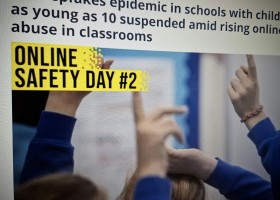
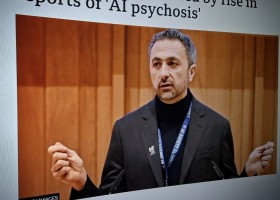

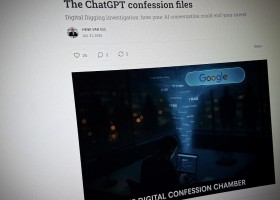
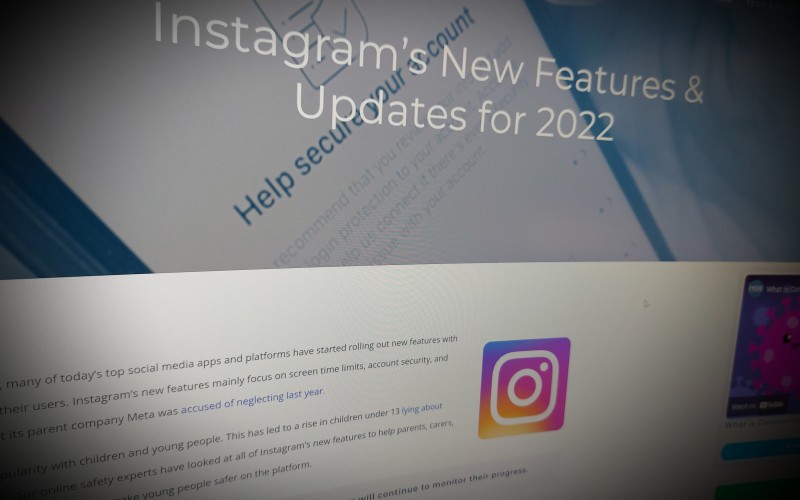
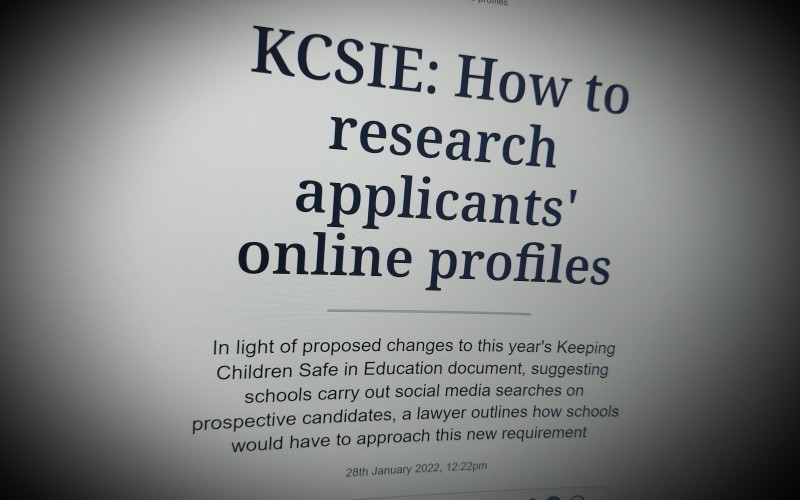
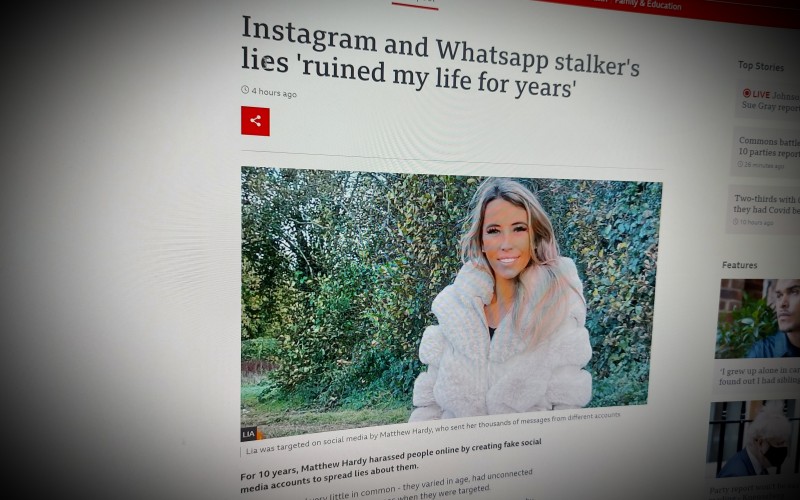
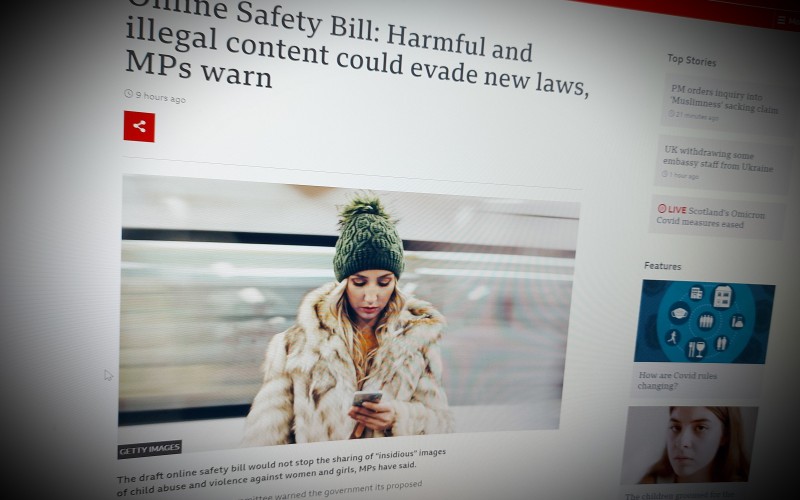
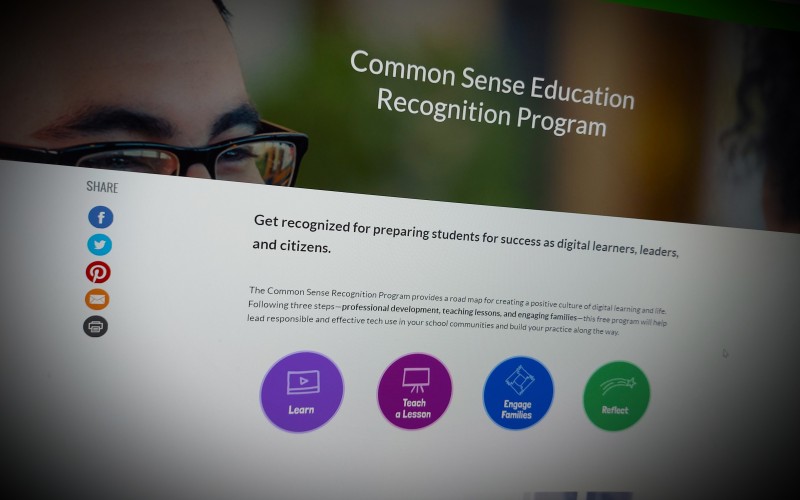
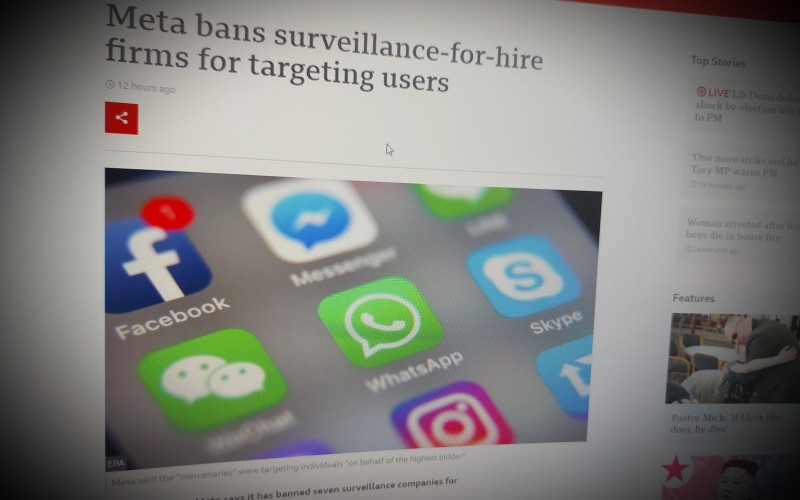
Comments
make a comment